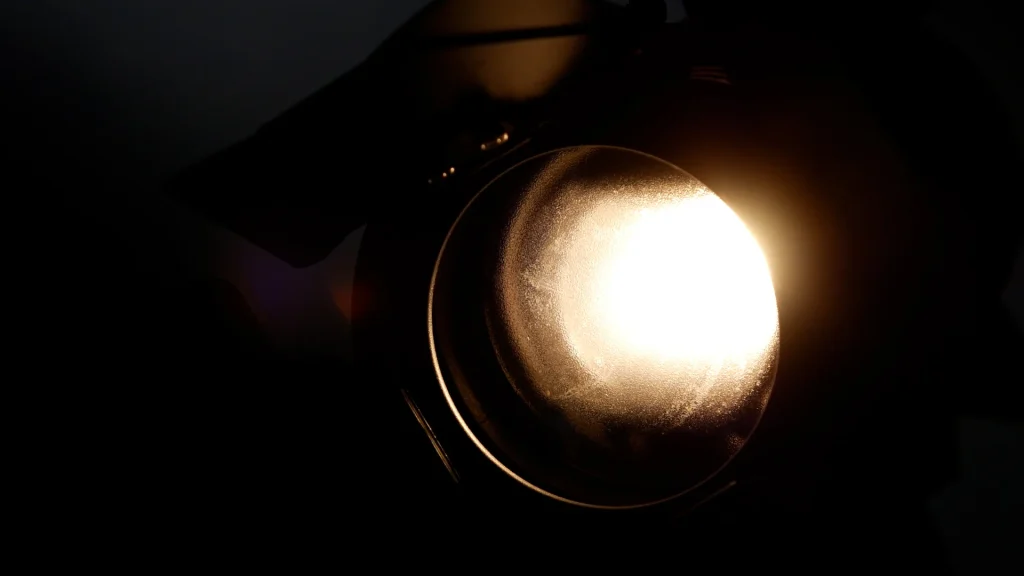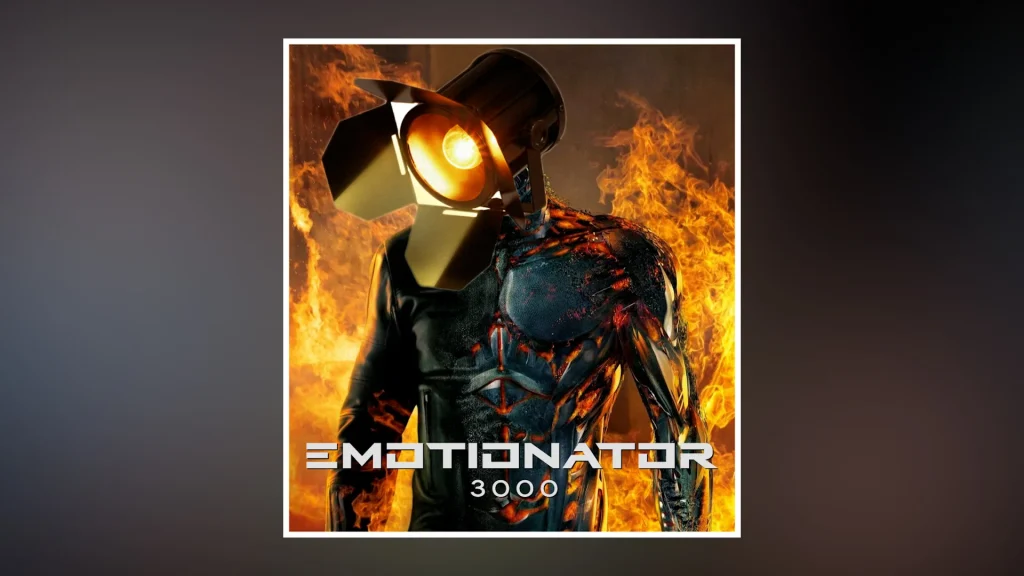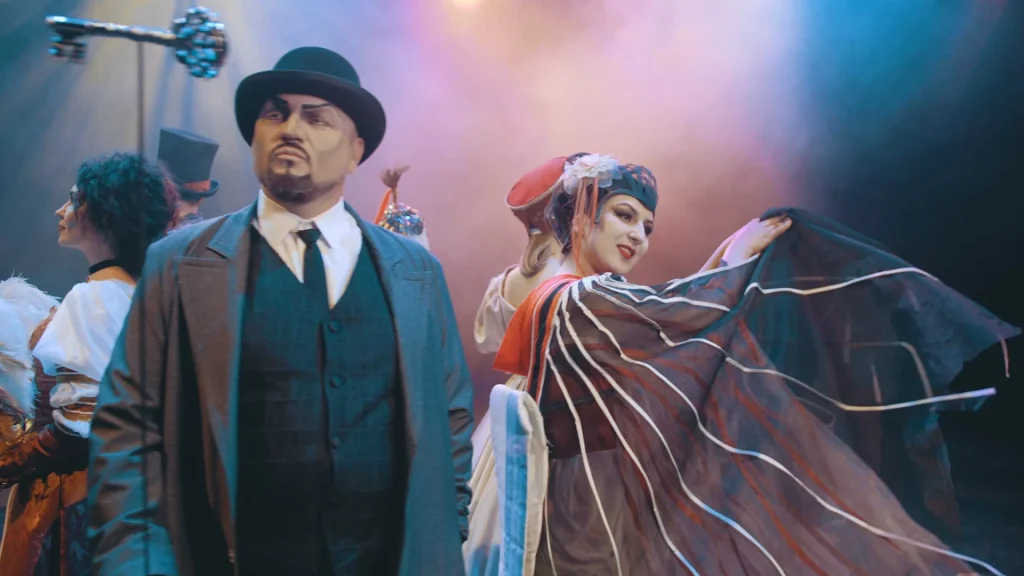Discover the practical and trustworthy tips that successful filmmakers learned through trial and error. Become a better filmmaker!
With so many tips and advice out there, it’s hard to know which ones are practical and trustworthy. Interestingly, many successful filmmakers didn’t have a formal degree. They learned through trial and error, embracing mistakes as valuable lessons.
But if you want to save time and avoid common pitfalls, here are 7 tips, born from years of experience and insights from industry professionals that’ll help you become a better filmmaker.
1. Study Existing Films
You know that saying, ‘We learn from our mistakes,’ but smart people learn from the mistakes of others. When it comes to filmmaking, it’s crucial to develop a habit of studying your favorite films and learning from them.
It’s not just a creative field; there’s a technical side to it as well. Because let’s face it, learning from your own mistakes can be like trying to fix a broken camera with duct tape and hope.
It’s much smarter to learn from the pros and avoid those facepalm moments altogether!
To understand all the different cinematographic techniques, you need to observe what’s already out there. Keep a keen eye on essential elements like camera angles, lighting, focus, and editing.
Thankfully, the internet is overflowing with video content, presenting you with a wealth of learning opportunities. Take some time to indulge in YouTube short films and marvel at how they skillfully tell a captivating story in just a few minutes.
Here’s a helpful tip: try muting the audio and focus only on the visuals. It’s like watching a silent film but without dramatic piano music.
Remember, it’s not just about the big-screen blockbusters; there’s inspiration to be found in every frame, even in those hilarious cat videos that somehow rack up millions of views.
2. Question Everything
Filmmakers are some of the most curious people around. They have this habit of questioning everything. It’s like they’re always on a quest to uncover the secrets of the storytelling universe.
They’re like those detectives in movies who never settle for just surface-level information. They dig deep, like a dog looking for buried bones. It’s all about solving the puzzle of filmmaking!
Speaking of puzzles, here are some common questions that filmmakers love to ask. Think of it as their ‘FAQ’ (Filmmaker’s Answer Quest).
Question 1: Why Film?
You see, not all stories and messages need to be told through film. Sometimes, a novel or a photograph can do the trick. It’s like choosing the right tool for the job. So, it’s crucial to know why we’re making a film and what’s in it for us.
Question 2: Why Me?
Some filmmakers believe that they should take on a project only if they’re the ultimate fit. They think they’re the chosen ones, equipped with the special skills or extreme interest in the subject matter that sets them apart.
It’s like a superhero movie where only one person can save the world from destruction, and that person just happens to be a filmmaker with a camera and a script!
Question 3: Why Now?
Timing is everything. Filmmakers know that hitting the right moment can make all the difference.
They consider if their film has an impact, a problem that needs addressing if people are seeking solutions, and if it will provide value considering the current state of affairs.
So, before diving into a film project, ask yourself these questions to ensure you’re on the right track. It’s all about being purposeful and making an impact.
3. Experiment With Lighting
You know, when filmmakers are just starting out, they often don’t pay much attention to experimenting with lighting. They’re more focused on the story and the technical stuff.
However, lighting plays a very important role in videography, and it’s something we need to nail.
It’s not just about having the right brightness or darkness. Lighting is like the magic ingredient that talks directly to the audience, telling them what emotions they should be feeling.
It’s like having a conversation with lightbulbs, saying, ‘Hey, make the viewers feel excited or scared or happy!‘ Maybe we should start giving lighting fixtures names. Imagine having a light called ‘Emotionator 3000‘!
But seriously, lighting sets the stage for the entire viewing experience. It creates the genre and sets the mood for the audience. It’s like the director whispering, ‘This is a romantic comedy‘ or ‘This is a thrilling suspense film‘ to every person watching.
So, our advice is to experiment with lighting until you get it just right. Try different techniques, play with shadows and highlights, and find that perfect balance.
Because when you nail the lighting, you unlock a whole new level of visual storytelling.
4. Show, Don’t Say
You know what they say, ‘Less is more’. Steve Jobs really grasped this concept when he marketed the iPod as ‘1000 songs in your pocket‘ or the ‘World’s thinnest laptop‘.
I mean, who needs a heavy brick of a music player or a laptop that can double as a weightlifting tool, right?
But this lesson applies to filmmaking too. It’s a valuable insight that we should take to heart.
So, here’s the key takeaway: Tell your audience the most important thing they need to know. It’s like serving them a delicious slice of pizza with their favorite topping. Imagine if you tried to cram the entire pizza parlor into one slice. That would be one mighty, messy bite!
Instead, focus on cutting down unnecessary dialogues and showing your message in interesting visuals. It’s like painting a picture with your camera, capturing the essence of the story or concept.
By doing this, you’ll connect with your audience in a powerful and effective way. You’ll leave a lasting impression by saying more with less. And remember, in the world of filmmaking, it’s like the famous saying: ‘Lights, camera, action… but keep the word count on a diet!
5. Work With What You Have Got
Picture this – You’ve got a story that’s on par with the epicness of ‘Game of Thrones.‘ It’s got all the drama, intrigue, and intense battles.
But here’s the catch. Not all of us can afford to bring dragons and Snowborn Jon Snow to the big screen. I mean, unless we stumble upon a dragon egg or convince Kit Harington to join our project!
But fear not, because we’ve got something even better. We’ve got RESOURCEFULNESS on our side!
When making a film, it’s important to consider the resources we have available in the here and now. If you’re in a less populated area and there aren’t many upcoming festivals, writing a massive crowd scene might not be the wisest move.
Instead, make the most of the resources you do have. Take a good look at what’s within your reach. Maybe you have a unique location, a talented friend, or a quirky prop that sets your project apart. Embrace those hidden gems and let them shine in your film.
It’s all about using what you’ve got to the fullest. It’s like cooking up a delicious dish with the ingredients in your pantry.
Who needs a dragon’s breath when you’ve got creativity and resourcefulness fueling your project?
6. Find Costumes That Tell A Story
Here’s something that might seem obvious, but it’s often overlooked. Actors should wear clothes that resemble their character’s descriptions.
But you know what? Sometimes, because it seems so obvious, we don’t give it the attention it deserves. We just need to put a little extra effort into it.
Costumes are like magical tools in the filmmaker’s toolbox. They help tell the story in a visual way. Even the tiniest details in the costume can speak volumes about the character’s personality.
So, the next time you’re watching a film, pay attention to the costumes. Notice how they bring the characters to life, and how they tell their stories through fabric and style. It’s like a silent conversation between the clothes and the audience.
7. Don’t Listen To Anyone
There’s a famous quote by William Goldman that goes, ‘Nobody knows anything‘. And boy, was he onto something. When it comes to filmmaking, everyone seems to have an opinion.
It’s like going to a buffet and having everyone tell you what to put on your plate. ‘You need more drama here, add a pinch of comedy there, and don’t forget the action sauce!‘
But here’s the thing. People might say all sorts of things about filmmaking. They’ll tell you it’s not profitable, it’s not easy, or it’s not practical.
But listen closely!
If you truly love what you’re doing, don’t let those opinions derail your path. Remember, you’re the captain of your creative ship. You have the power to make the film you want to make, in your own unique way.
It’s like making a pizza with pineapple on it. Sure, some people might say it’s a crime against pizza, but if you enjoy that sweet and savory combination, go ahead and sprinkle that pineapple magic!
Of course, you can always listen to constructive criticism and learn from your failures. That’s part of the journey. But at the end of the day, BE AN ARTIST, NOT JUST A PERFORMER.
Also, check out:
- 50 Filmmaking Basics Every Beginner Must Master
- 6 Important Filmmaking Tips For Shooting A Dialogue Scene




